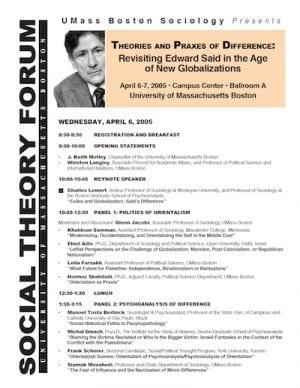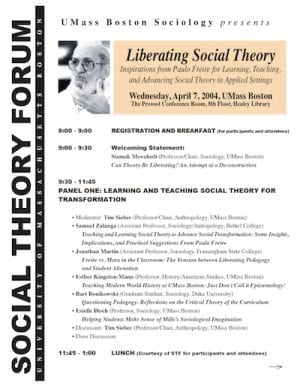Proceedings Journal Article — A Contextual Analysis of the Integration of Muslims in Four Western Societies — by Pamela Irving Jackson, Peter Zervakis, & Roderick Parkes
$15.00
This project seeks to explain why Muslims are perceived to be more integrated into the general population in the United States and, to some extent, in England than they are in France and Germany. Using a matrix, we examine underlying conditions accounting for the greater success of the ‘limited state’ model in the U.S. than in England. We conclude that the degree of state primacy in matters relating to societal integration has influenced both the integration of Muslims into the host society and the political salience of their presence.
Description
Abstract
“A Contextual Analysis of the Integration of Muslims in Four Western Societies” is authored by Pamela Irving Jackson, Peter Zervakis, & Roderick Parkes.
This project seeks to explain why Muslims are perceived to be more integrated into the general population in the United States and, to some extent, in England than they are in France and Germany. The characteristics of first generation Muslim immigrants in these societies are not sufficient in explaining the differing levels of Muslim integration.
Nor are the variations in Muslim visibility adequately explained by existing theories relating diversity and globalization to minority/majority conflict. We consider instead the influence of historically defined cultural distinctions among the nations in shaping state attitudes toward Muslim integration. Recognition of differences in the relationship between thestate and religion, and in the primacy of state identity as an integrating force, facilitates understanding of the interaction between the host societyand its Muslim population.
We identify a dichotomy between–on the one handthe U.S. and to a lesser extent England, where the state’s primacy over society is comparatively limited, and–on the otherFrance and Germany, where the state’s power is greater. Using this matrix, we examine underlying conditions accounting for the greater success of the ‘limited state’ model in the U.S. than in England.
We conclude that the degree ofstate primacy in matters relating to societal integration has influenced both the integration of Muslims into the host society and the political salience of their presence.
Recommended Citation
Jackson, Pamela Irving, Peter Zervakis, and Roderick Parkes. 2005. “A Contextual Analysis of the Integration of Muslims in Four Western Societies.” Pp. 205-216 in Theories and Praxes of Difference: Revisiting Edward Said in the Age of New Globalizations: Proceedings of the Second Annual Social Theory Forum, April 6-7, 2005 (Discourse of Sociological Practice, Vol. 7, Issues 1&2, Fall/Spring 2005). Double-Issue Guest Editor: Mohammad H. Tamdgidi. Sociology Department, UMass Boston.





